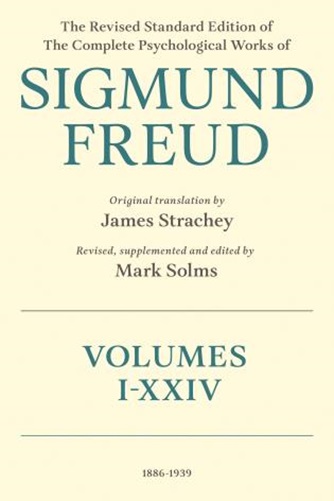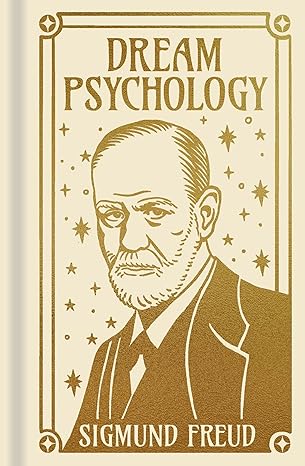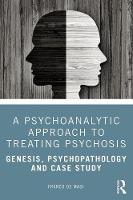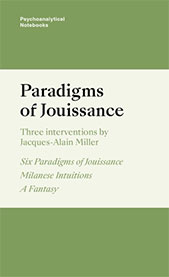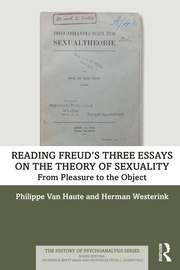Three Essays on the Theory of Sexuality: The 1905 Edition

Book Details
- Publisher : Verso
- Published : 2017
- Cover : Paperback
- Pages : 176
- Category :
Psychoanalysis - Category 2 :
Reprinting - Catalogue No : 39239
- ISBN 13 : 9781784783587
- ISBN 10 : 1784783587
Free UK Delivery over £25
There are currently no reviews
Be the first to review
The traditional story about the historical origins of Freudian psychoanalysis implies that the Oedipus complex was part of Freudian theory from the very beginning. However, in this first edition of Three Essays on Sexuality, first published in 1905 and never before translated into English, we find no reference whatsoever to the Oedipus complex. Is there a Freudian psychoanalysis that is not Oedipal? This first version of Freud's Three Essays articulates just such a non-Oedipal psychoanalysis. As such, it still has a definite 'emancipatory' potential; Freudian psychoanalysis is not Oedipal in its very nature.
It is only from 1909 onwards that psychoanalysis tends to become a sophisticated defence of what Freud first called the 'popular opinion' about sexuality. It was precisely this 'popular opinion' that psychoanalysis originally was meant to deconstruct. Is there a Freudian escape - that is an escape that remains not so much within Freudian orthodoxy, but at least within its inspiration - from this impasse? If Freud has respected more systematically his own original thesis, could it be that the Oedipus complex wouldn't be the shibboleth of psychoanalysis?
Not only is this first edition less Oedipal than is generally believed, but it also contains the elements for thinking a 'non-Oedipal' psychoanalysis; a Freud against Oedipus. With an introduction by Philippe Van Haute
About the Author(s)
Sigmund Freud was born in 1856 in Moravia; from 1860 until Hitler's invasion of Austria in 1938 he lived in Vienna. He was then forced to seek asylum in London, where he died the following year. He began his career as a doctor, specialising in work on the anatomy and physiology of the nervous system. He was almost thirty when his interests first turned to psychology, and during ten years of clinical work in Vienna he developed the practice of what he called ""psychoanalysis"". This began simply as a method of treating neurotic patients by investigating their minds, but it quickly grew into an investigation of the workings of the mind in general, both ill or healthy. Freud demonstrated the normal development of the sexual instinct in childhood and, largely on the basis of an examination of dreams, arrived at his fundamental discovery of the unconscious forces that influence our everyday thoughts and actions. Freud's ideas have shaped not only many specialist disciplines, but have also influenced the entire intellectual climate of the last century.
Customer Reviews
Our customers have not yet reviewed this title. Be the first add your own review for this title.
You may also like
A Psychoanalytic Approach to Treating Psychosis: Genesis, Psychopathology and...
Franco de Masi
Price £32.29
save £1.70
Psychoanalytical Notebooks No. 34: Paradigms of Jouissance
Jacques-Alain Miller
Price £8.40
save £3.60
Reading Freud's Three Essays on the Theory of Sexuality: From Pleasure to the...
Philippe Van Haute
Price £26.99
save £3.00


